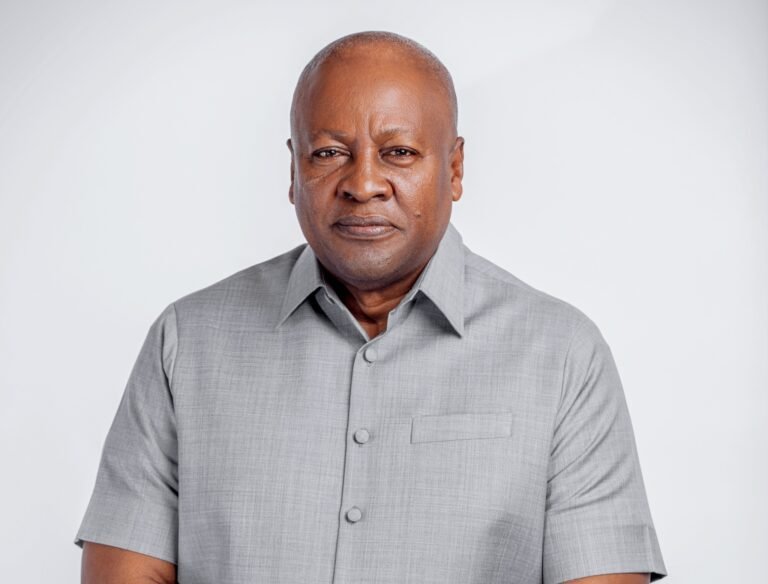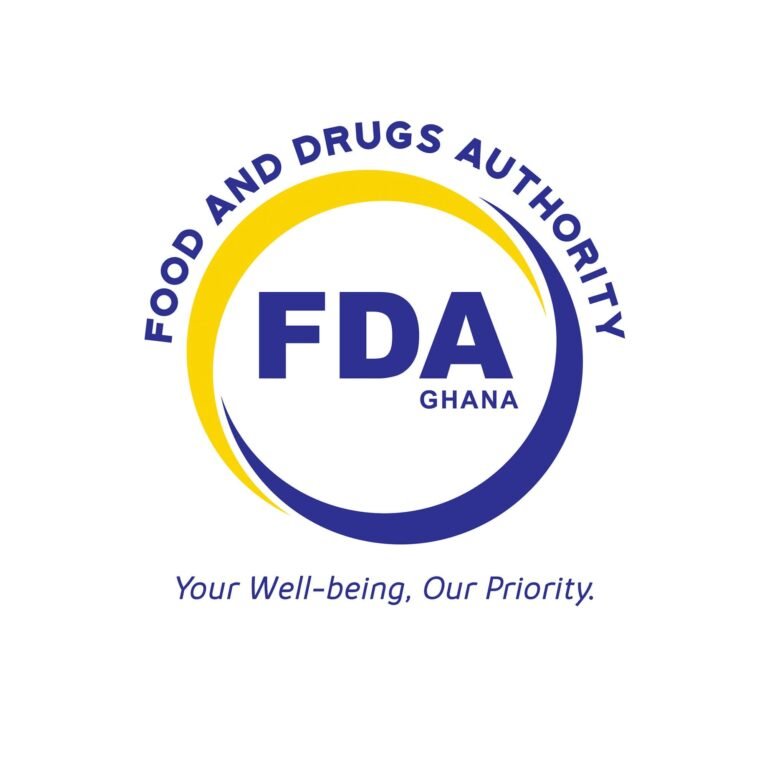
The writer

On July 11 every year, we stop to take stock of our numbers as a people inhabiting the planet and rightfully ascribe to it the importance it merits the world over.
As the world gets together to celebrate World Population Day, we as development practitioners and experts see it as another opportunity to speak again to the issues affecting people.
We continue to reckon that, it is not about the numbers, but the quality of life every single person alive enjoys and which can allow them to maximize their potential.
It is safe and easy to say the world will take care of itself and that the Earth will manage itself no matter the number of people alive at a single moment.
However, that is simplistic and calls us to bring reason to bear; which is why we allow science to dictate the need to make arrangements for sustainability. This sustainability we seek for humans everywhere, to support their development and quality of life, always boils down to the family, and indeed, family planning.
UNFPA
The United Nations Population Fund (UNFPA), the UN Sexual and Reproductive Health agency, works to ensure all people have access to contraceptives and are empowered to claim the rights to their bodies in order to decide when to have children and how to space them.
With a human-rights based approach, the organisation steadfastly ensures that women especially have bodily autonomy and can make reproductive choices.
This mandate is derived from the Programme of Action (PoA) of the International Conference on Population & Development (ICPD), which 179 Governments first adopted more than 25 years ago (1994) in Cairo, Egypt.
The point must also be made about the fact that a Ghanaian academic, Professor Fred T. Sai of blessed memory, chaired the main ICPD Committee in Cairo, while pioneering family planning work in Ghana as far back as the late 1960s.
Today, the pioneering work of persons like Prof. Fred Sai resulted in increased Family Planning uptake in Ghana following the establishment of the Planned Parenthood Association of Ghana (PPAG). Also, his work with the National Population Council (NPC), as well as, advocacy for free maternal healthcare served to reduce maternal mortality in Ghana.
The UN projects that, the world population will reach 8 billion people by November 2022. While it calls for celebration, it equally demands our attention to the details and what it means for the world, Africa, West Africa and Ghana.
Currently, there are some 1.8 billion people around the world between the ages of 10 to 24. By 2045, Africa will be home to one-third of all young people (15 to 24) in the world. Figures from the 2021 Population Census of Ghana, which was conducted digitally for the first time, reveals that the population currently stands at approximately 31 million people, with the youth constituting majority of the population.
What this portends is not doom but rather, a promise and opportunity which Ghana must harness. This opportunity is the demographic dividend that the population structure provides. With the prevailing demographic profile, there is likely to be economic growth because the majority of the population are of working age or employable.
Investment
It means they must be invested in with skills and requisite training for work and avenues must be created for them to be gainfully employed. It also calls for critical attention to be paid to the provision of quality education and quality healthcare.
It will obviously be a challenge to keep most of the young people in the country but this is a time to ensure that there is no brain drain. Therefore, the skilled labour force that is youthful and strong should be provided with incentives to build a strong and prosperous Ghana.
In addition, young people will need to be meaningfully engaged in civic processes so that they have a say in policymaking, laws, constitutional reviews, cultural, economic and social reform for the advancement of the country. The youth form the majority and will need to have their voices heard.
There is also the need for the Government to consider the need of the ageing and aged population to ensure that they are not left behind. The quality of their lives must also be significantly improved, in such a way that they have access to basic social amenities like housing, electricity, food, clothing, pensions and even digital inclusion.
As we celebrate this year’s World Population Day, we must reflect on the theme of the celebration: “A world of 8 billion: Towards a resilient future: Harnessing opportunities and ensuring rights and choices for all”.
We must work to make the most of the opportunities it presents. I am hopeful that we can work to improve the life of every person in Ghana for a prosperous and sustainable future.
Happy World Population Day!
The writer is the UNFPA Country Representative, ad interim (a.i.).







